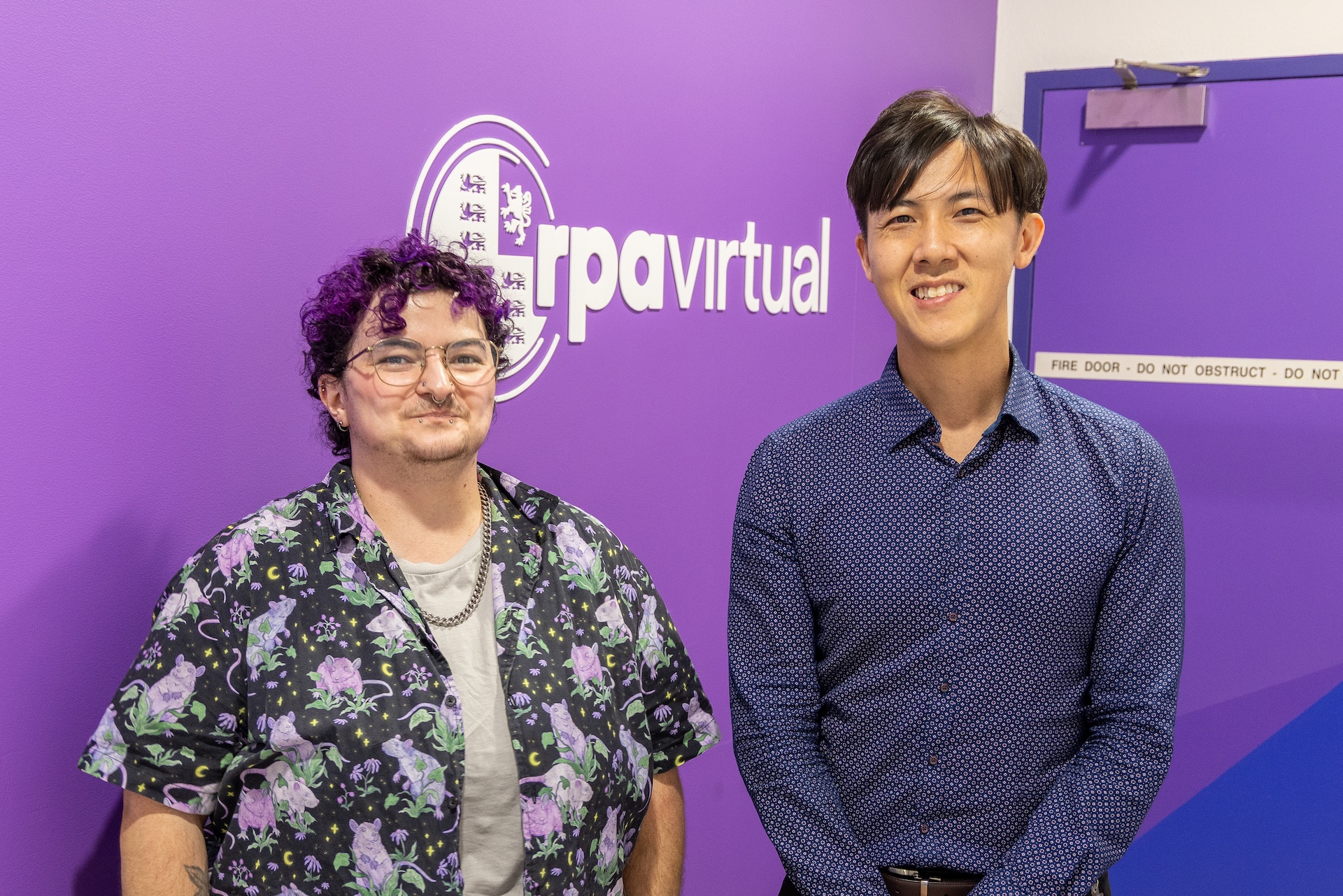
Long COVID program offers connection and support
One year on, patients reflect on strategies that made the difference.

When Melissa, 34, joined RPA Virtual Hospital’s Long COVID Management Program, she had already been living with long COVID for two years.
“At first, I thought, ‘I’m just sick for six months and eventually it will get better,’ but that wasn’t the case. Eventually I realised, ‘I’m not getting better at all,’” she said.
Fatigue, brain fog and fluctuating symptoms continue to affect her ability to work, study and keep up with life.
“I’ve had to pull out of my degree. Over the last few years, I’ve worked a lot less, and in roles below my previous pay grade or skill level,” she said.
For Melissa, who is 34, the program provided the opportunity to connect with others who truly understood.
“There’s something about being in a group with people going through the same thing. It makes a difference. It’s a very lonely illness - it’s invisible to most people. But being part of the group made it feel less isolating,” she said.
Now marking its first 12-months of operation, the psychology-led program was developed to support people living with long COVID in Sydney Local Health District. The eight-week online program combines evidence-based strategies with peer support, helping patients manage a wide range of symptoms.
Each session is co-facilitated by a psychologist and allied health professionals, including an occupational therapist, physiotherapist, speech therapist and dietitian, along with a lived experience speaker.
“The sessions focus on topics such as pacing, fatigue and energy management, nutrition, breathing techniques, mindfulness, and strategies for managing cognitive dysfunction and emotional fatigue,” said Michael Wai, a Clinical Psychologist at RPA Virtual.
"The program was developed to reduce isolation and help participants feel supported while building practical skills to improve quality of life,” he said.
Doctors and nurses also join multidisciplinary team meetings where patient cases are discussed, with feedback and recommendations shared with each patient’s GP to ensure coordinated care.
Another patient, Alexa, 30, said the program helped them regain a sense of control.
“The strategies were really helpful - especially pacing. I’m now doing Pilates once a week. Before the program, I couldn’t exercise at all,” Alexa said.
For Alexa, the program has given them tools to be kinder to themselves and more patient with their recovery.
“It’s not a straight line - you have good days and then crash. But if you keep using the strategies, little by little, it does help. You just need to be patient with it.”
While the long-term impact of long COVID is still emerging, a 2023 federal parliament report recommended further investment in multidisciplinary clinics within public hospitals to support those affected.
So far, 34 patients have completed the program with future research aiming to evaluate if it’s possible to expand its delivery.
The RPA Virtual Long COVID Management Program is open to eligible residents in the District who are experiencing moderate to severe symptoms that have persisted and significantly impact their quality of life.